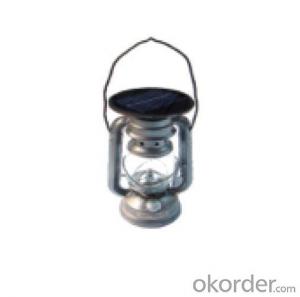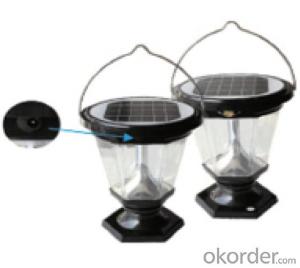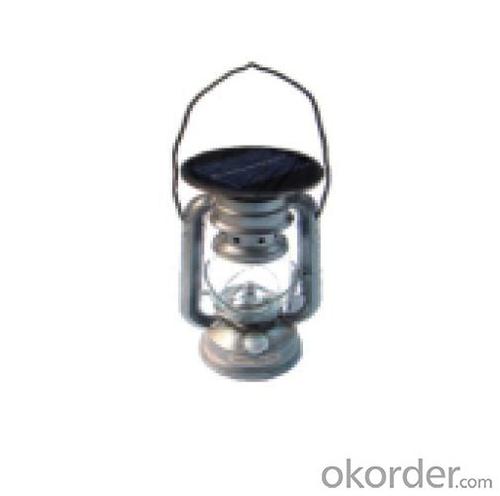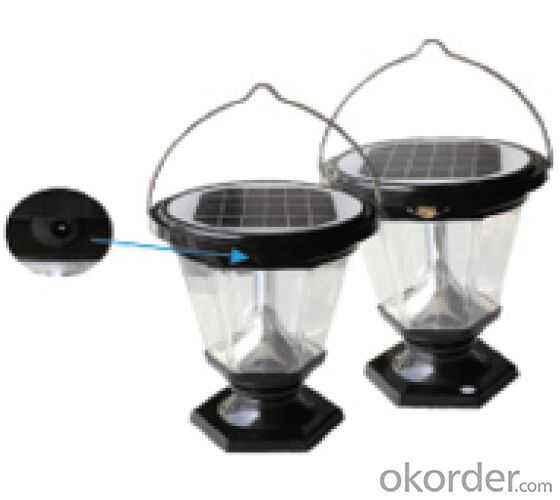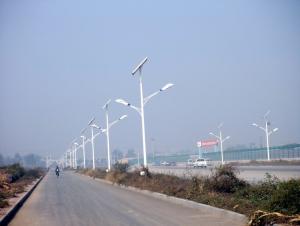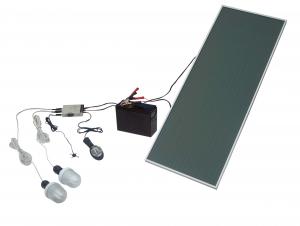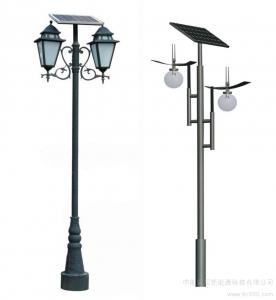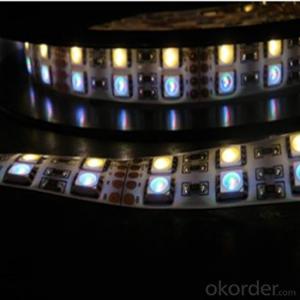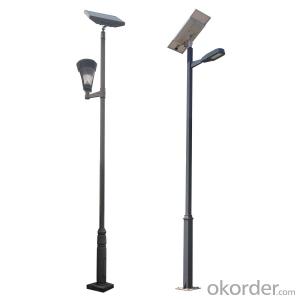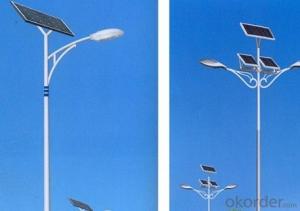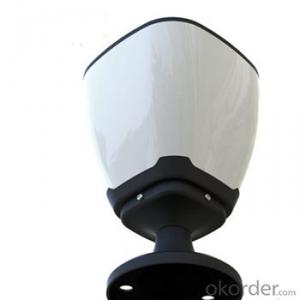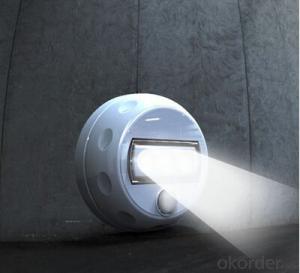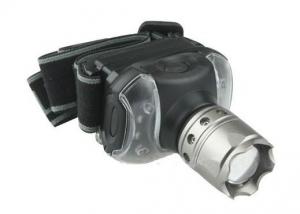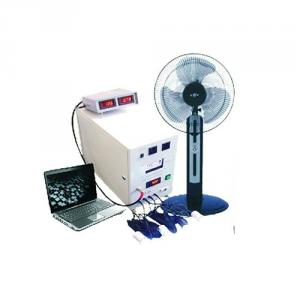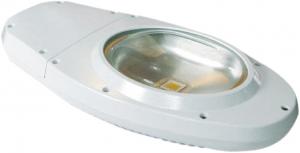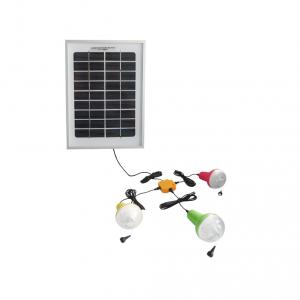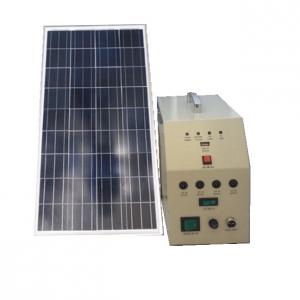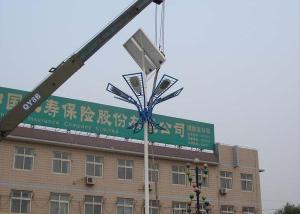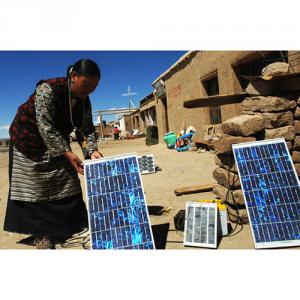Solar Hurricane Light 3W - Solar Light Palm Trees
OKorder Service Pledge
OKorder Financial Service
You Might Also Like
Solar caution Light0.5W*2
futures:
Over 50,000Hrs mean time between failures(depends on environment).
Superior color rendering index up to 90,near daylight quality.
what we can offer:
1.Your inquiry related to our products or prices will be replied immediately.
2. Professional service from well-trained and experienced staffs is customers’ best choice to secure good
communication, on time delivery, reliable warranty etc.
3. OEM is available for Anern Products.
FAQ
Q:Are you manufacture or trading company
A:we are group company with facotries.
Q:Required mainly certificated?
A:Our product are certified by CE RoHS,IEC,C-tick etc.
Q:Your mainly export market?
A:The main market of our product is South-east Asia,Mid east,Africa, east Europe and latin America
Q:your main product produced?
A:solar section:solar street light, LED section:LED street light
LAMP:6/10pcs
material:plastic
life span:more than 5000hours
colar temperature:3300-5000K
- Q: Are there solar lights with built-in timers?
- Solar lights with built-in timers can be found in the market. These lights are designed to turn on and off at specific times, thanks to their built-in timer function. This feature allows you to personalize and manage the lighting schedule according to your preferences and the requirements of your outdoor area. Certain solar lights may provide various timer choices, such as turning on at dusk and automatically turning off after a specific number of hours, or operating at specific times during the day. With the inclusion of a built-in timer function, solar lighting becomes a favored option for outdoor lighting solutions due to its convenience and energy efficiency.
- Q: Can solar lights be used for outdoor hiking or biking trails?
- Yes, solar lights can be used for outdoor hiking or biking trails. They are a sustainable and cost-effective lighting option that can provide illumination during dusk or nighttime. Solar lights absorb sunlight during the day and convert it into energy to power the lights at night, making them perfect for remote areas without access to electricity. Additionally, solar lights are often designed to be weather-resistant and durable, making them suitable for outdoor use on trails.
- Q: Are solar lights environmentally friendly?
- Yes, solar lights are environmentally friendly. They use renewable energy from the sun to power themselves, reducing the need for electricity generated from non-renewable sources. This helps in reducing carbon emissions and minimizing the environmental impact compared to traditional lights powered by fossil fuels.
- Q: Can solar lights be used for road safety and traffic control?
- Road safety and traffic control can be achieved by utilizing solar lights. These lights offer a sustainable and cost-effective approach to illuminating roads and improving visibility, especially in areas where electricity is not easily accessible. Through the utilization of solar energy, these lights charge during the day and utilize it to power LED lights at night, eliminating the necessity for external power sources or electrical wiring. Strategic placement of solar lights in crucial areas such as crosswalks, intersections, roundabouts, and construction zones can significantly contribute to road safety and traffic control. They effectively indicate lanes, pedestrian crossings, and traffic islands, facilitating easier navigation for drivers and reducing the likelihood of accidents. The utilization of solar lights for road safety and traffic control presents additional advantages. Being independent of the power grid enables these lights to remain functional during power outages, ensuring uninterrupted visibility and safety. Furthermore, these lights are environmentally friendly as they do not generate greenhouse gas emissions and solely rely on renewable energy. In conclusion, solar lights serve as a dependable and efficient solution for road safety and traffic control. They provide adequate visibility, guaranteeing the safety of both motorists and pedestrians.
- Q: How do I dispose of solar lights properly?
- When it comes to disposing of solar lights properly, it is important to follow certain steps to ensure the safety of both the environment and yourself. Here are some guidelines to help you dispose of solar lights responsibly: 1. Reuse or repair: Before considering disposal, check if the solar lights can be repaired or if any components can be salvaged for future use. If the lights can still function with minor repairs, it is best to extend their lifespan by reusing them. 2. Battery removal: The most critical component to address when disposing of solar lights is the battery. Solar lights typically use rechargeable batteries, which can contain toxic chemicals. Start by removing the battery from the light following the manufacturer's instructions. If the battery is still functional, consider recycling it separately (more on that below). If it's dead or damaged, proceed to the next step. 3. Separate the components: After removing the battery, separate the different components of the solar light. This may include the solar panel, LED lights, wiring, and other parts. By separating these components, it becomes easier to dispose of them appropriately. 4. Recycling: Many components of solar lights can be recycled. Check with your local recycling center or municipal waste management authority to determine if they accept solar lights for recycling. In some cases, they may have specific drop-off points or guidelines for recycling electronic waste. If recycling options are not available locally, search for specialized recycling programs or mail-in services that accept solar lights for proper disposal. 5. Hazardous waste disposal: If your local recycling center or waste management authority does not accept solar lights, treat them as hazardous waste. Contact your local government or environmental protection agency to inquire about hazardous waste disposal options in your area. They will provide guidance on how to dispose of the lights safely, ensuring that any toxic components are handled appropriately. 6. Educate others: Spread awareness about proper solar light disposal methods to friends, family, and neighbors. Encourage them to follow the same guidelines and promote responsible waste management practices. Remember, the goal is to minimize the environmental impact of solar light disposal and prevent any potential harm caused by toxic components. By following these steps, you can ensure that your solar lights are disposed of in an environmentally friendly and responsible manner.
- Q: Are solar lights resistant to corrosion?
- Solar lights are generally resistant to corrosion due to their durable materials and protective coatings. However, it is essential to ensure that the specific solar light model purchased is designed and labeled as corrosion-resistant to guarantee long-lasting performance in outdoor environments.
- Q: How much does a solar light cost?
- The cost of a solar light can vary depending on factors such as brand, quality, features, and size. On average, a basic solar light can cost anywhere from $20 to $50, while more advanced models with additional functionalities may range from $50 to $150 or more.
- Q: How do solar lights handle shading or obstructions?
- Solar lights utilize sunlight to generate energy and brighten outdoor spaces. However, their performance can be significantly affected by shading or obstructions. When a solar light is shaded or obstructed, it receives less sunlight, impacting its ability to charge the battery and operate at full capacity. Most solar lights are equipped with a light sensor or photovoltaic cell that detects the sunlight level. When the sensor determines that it is sufficiently dark, the light switches on. However, if shading or obstructions prevent sunlight from reaching the sensor, it may not accurately detect darkness, resulting in the light not turning on or staying on for a shorter duration. Certain solar lights come with a backup battery that stores excess energy during daylight hours, ensuring they can still function for a specific period even with reduced sunlight. These lights may have different brightness settings or reduced operating time when shaded or obstructed. To optimize the performance of solar lights, it is crucial to position them in areas that receive direct sunlight for most of the day. This guarantees that they receive the maximum amount of sunlight to fully charge the battery, resulting in longer operating times and brighter illumination. Regularly cleaning the solar panels is also essential to eliminate any dirt or debris that could hinder sunlight absorption. In conclusion, solar lights rely on sunlight to charge their batteries and are affected by shading or obstructions. Some lights have backup batteries to compensate for reduced sunlight. Placing the lights in areas with direct sunlight and keeping the solar panels clean are vital for optimal performance.
- Q: Are solar lights suitable for camping trailers and RVs?
- Yes, solar lights are suitable for camping trailers and RVs. They offer a portable and energy-efficient lighting solution, allowing campers to rely on solar power instead of traditional electricity sources. Solar lights can be easily installed, require minimal maintenance, and provide illumination during nighttime activities, making them a convenient and eco-friendly choice for outdoor enthusiasts.
- Q: Are solar lights suitable for remote camping or hiking trips?
- Yes, solar lights are definitely suitable for remote camping or hiking trips. Solar lights are a great alternative to traditional lighting options such as lanterns or flashlights because they are portable, lightweight, and don't require any batteries or fuel. This makes them ideal for outdoor activities where access to electricity may be limited or unavailable. Solar lights are designed to harness the power of the sun during the day and convert it into energy to illuminate the surroundings at night. They typically have built-in solar panels that absorb sunlight and charge their internal batteries. Once charged, these lights can provide several hours of illumination, depending on the model and settings. One of the main advantages of solar lights for remote camping or hiking trips is their eco-friendliness. By using renewable solar energy, they help reduce our carbon footprint and minimize environmental impact. Additionally, solar lights are cost-effective in the long run as they eliminate the need for purchasing and replacing batteries or fuel. Furthermore, solar lights come in various types and designs to suit different needs. There are solar lanterns, spotlights, string lights, and even compact solar panels that can charge multiple devices simultaneously. Many solar lights also offer adjustable brightness settings and different lighting modes, allowing you to customize the lighting according to your preferences. However, it is important to note that solar lights rely on sunlight to charge, so they may not be as effective in heavily shaded or cloudy areas. Therefore, it is advisable to place them in direct sunlight during the day to ensure optimal charging. Additionally, some solar lights may take longer to charge or provide shorter illumination times in colder temperatures. Overall, solar lights are a practical and sustainable lighting option for remote camping or hiking trips. They provide convenience, portability, and an eco-friendly alternative to traditional lighting solutions, making them highly suitable for outdoor adventures.
Send your message to us
Solar Hurricane Light 3W - Solar Light Palm Trees
OKorder Service Pledge
OKorder Financial Service
Similar products
Hot products
Hot Searches
Related keywords
